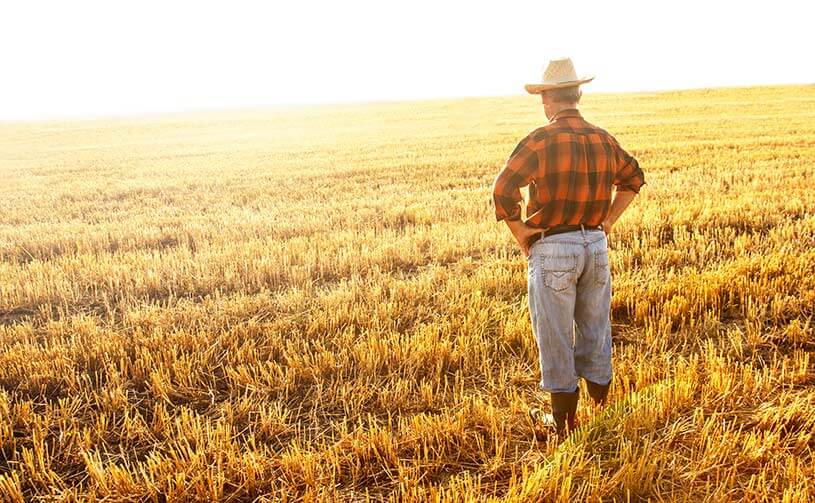Magazine
Do You Thrive To Learn More About How To Achieve Greater Business Success?
Sign up to our magazine designed specifically for Australian business leaders.
You are here: Home » Blog » Succession » Why You Can’t Be Fair No Matter How Hard You Try

Published on 9 December 2017
Categories: Succession
You will no doubt be familiar with the plaintive cry of a child – it’s not fair! Politicians like to talk about “a fair go” and you have probably spent your life trying to deal fairly with people. It may well be the most universally accepted ideal we have in society, but achieving fairness can be both controversial and complex. And farming businesses are no exception.
A farming business is many things to many people. As the farmer, it’s your source of income and store of wealth, your home and your happiness. It is both your past, and your present, with huge emotional and financial importance attached to it. Whether it is also your future will depend on your life plan, and that’s where it becomes difficult because other family members may feel strongly about the farm for different reasons. Your wife may be looking forward to a relaxed retirement lifestyle and your children may be looking to inherit the farm or at least benefit from it financially in some way. Your children’s spouses also have vested interests and may or may not have the same sentiment attached to it as other family members – and so it goes on. But you know that you cannot necessarily just carve the farm up and leave everyone a piece. It simply doesn’t make economic sense to do that when scale is all important and if anything, farms are being consolidated to make larger, rather than smaller holdings. So the best you can do is try to be fair….
Which brings us to the definition of fairness.
Perhaps the most common definition might be that fair means equal. Everyone receives the same. Effectively the pie is divided equally by the number of people who get to eat the pie. So the ravenous, active footy playing teenager gets the same amount of food as the largely inactive elderly grandparent. Needs are not brought into the equation.
If, on the other hand, you base fairness on considerations of need, then logically those who need more should receive more than those who need less. The teenager would receive more food and the grandparent less. The result may be that both have their needs satisfied and there is an element of social justice to this. Everyone in this particular example would probably be happy with this definition of fairness.
But what happens if we change the scenario? The teenager has grown up to be a lazy adult who sits back and expects others to recognize and meet his needs. His younger brother on the other hand has settled into a promising career and works extremely hard. The younger brother is getting ahead in life and feels no obligation to help his older brother out. He works hard and has more as a result, while his older brother is lazy and has less. They both get what they deserve and by this definition, that is considered fair.
Which brings us back to your farming business. When crafting your life plan, amongst other matters, you may need to consider more than one definition of fair.
And you may need some help with that.
Having helped facilitate many farm succession plans, utilising our experience for your family to benefit from would be an honoured for us to provide.
Do You Thrive To Learn More About How To Achieve Greater Business Success?
Sign up to our magazine designed specifically for Australian business leaders.